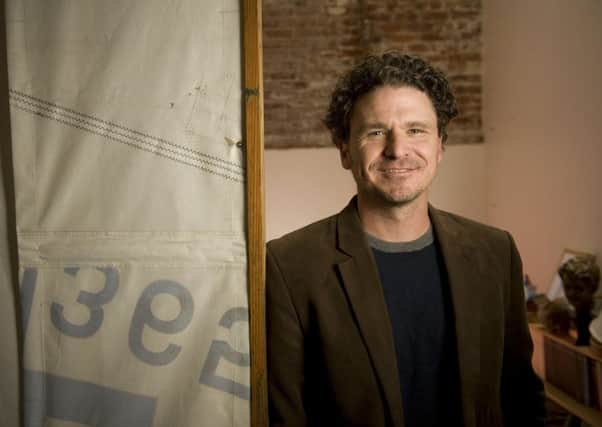Cloying sagas, pseudo-literary fiction and soft-porn silliness - Stuart Kelly on the year ahead in books


There are three things publishing loves: celebrity, track record and novelty. In the first category I am in a sci-fi shimmer of excitement over David Lynch’s memoir Room To Dream, and even now am wondering if the title implies transition or space. For reasons both complex and shameful I am also rather eager to read Andrew Lloyd-Webber’s Unmasked. The title promises revelation with a Phantom Of The Opera wink: whether it is actually any good remains to be seen.
In terms of track record, there are numerous books on my to-do pile. Joanna Kavenna has a new novel, Tomorrow, about immigrants at the turn of the millennium. Every book by Kavenna has been both brilliant and different. Scarlett Thomas continues in her turn away from conventional literary fiction with the second volume of the Worldquake trilogy, The Chosen Ones. I adored Dragon’s Green – one of the best fantasy books in my lifetime, and I’m in my forties – so have saved this up for post-prandial indulgence. Graham Rawle has been one of the most innovative artist-writers we have, so his story about camouflaging a Lockheed during the Second World War, Overland, is already sufficiently intriguing. Finally, Dave Eggers returns to his “factional” mode with The Monk Of Mokha, in which a Yemeni immigrant to the US discovers an obsession with coffee, returns home, and is caught in a war. Given his previous form with What Is The What and Zeitoun I have high hopes of this book.
Advertisement
Hide AdIn non-fiction there are plenty titles that pique the interest. Philip Ball is an excellent writer of popular science, and in Beyond Weird takes on the biggest challenge such a writer can have: explaining quantum physics to an audience that doesn’t know its Planck from its Bohr. Edith Hall, a devoted exponent of the classics, takes on Aristotle and how his ideas can apply to us with Happiness.
Zadie Smith is as good an essayist as she is a novelist, so Feel Free promises to be a challenge and a delight. I was very impressed by Suzanne O’Sullivan’s first book, on psychosomatic disorders, so Brainstorm, her new work about neurological catastrophe will, I hope, be fascinating.
As for the new – well, my first choice is not really new. Robin Robertson is well known as a poet, but The Long Take is something different. The narrative poem has declined from the days of Walcott’s Omeros and Muldoon’s The Annals of Chile, so it will be curious to see how Robertson takes on the form, dealing with PTSD and film noir. Stephen Bernard’s Paper Cuts is the memoir I am most looking forward actually to reading. This debut is set on a single day and encompasses an entire life of abuse and anxiety. In fiction, Anbara Salam’s first novel, Things Bright And Beautiful, has a premise which is off-beam and off-beat: a missionary couple in the South Pacific in the 1950s. My only concern is that the word “lyrical” is used in the press release.
There are countless others I will no doubt enjoy – any year with Marilynne Robinson essays (What Are We Doing Here?), a new novel by the always dazzling Rupert Thomson (Never Anyone But You), Michael Chabon on fatherhood (Pops) or Madeline Miller taking on one of the strangest myths in The Odyssey (Circe) is not underwhelming.
One book, later in the year, which I have read in advance and can commend most highly is AS Thomas’s Liar’s Candle. Imagine the sardonic niece of John le Carré and you might come close to this one. It is unashamedly genre fiction, yet politically nuanced. As for myself, I have a few treats in store: John Kerrigan on Shakespeare and originality, a new work by Alan Lightman on physics and faith, Julia Shaw – Making Evil – on why we do what we do not wish to do, and a new William Gibson– a writer who is spookily prophetical – Agency. But what I want most? Something I’ve never heard of.